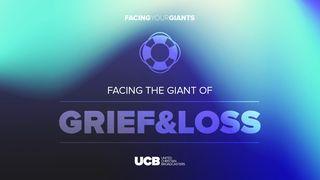Finding Meaning in Mourning: Walking Through GriefSample
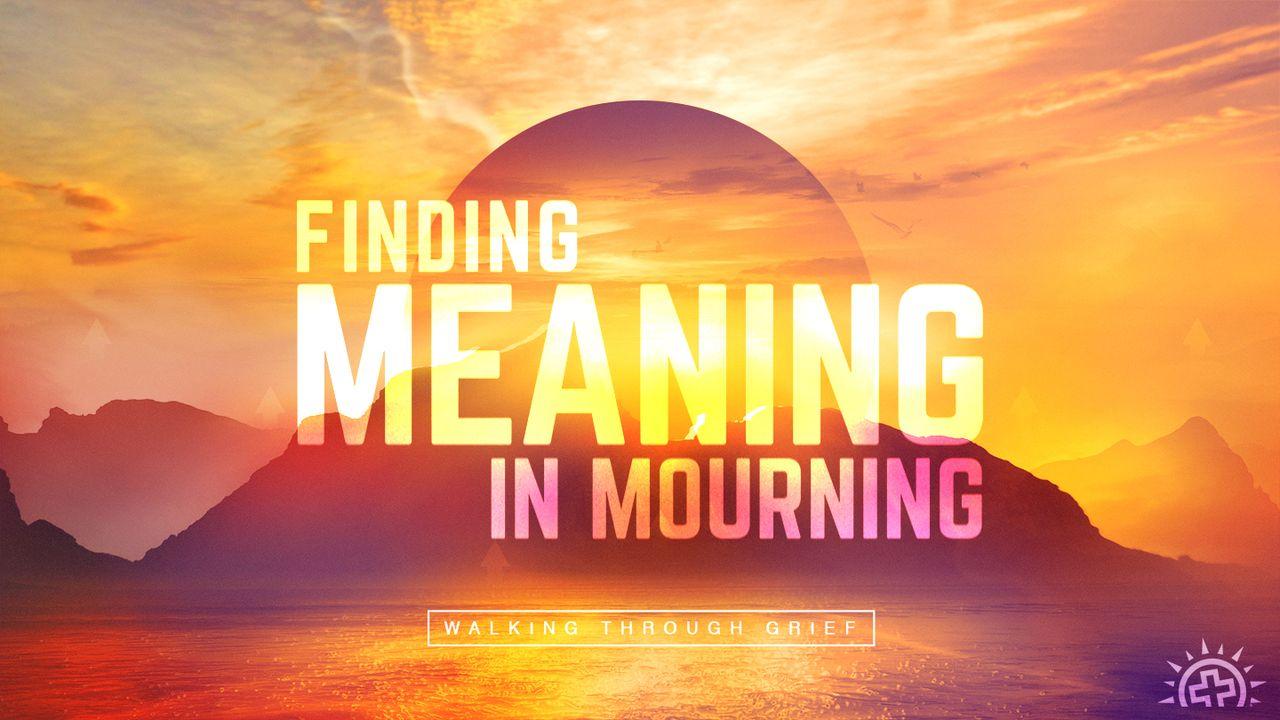
The Meaning of Our Mourning
By Pastor Dan Hickling
So many critical principles of life are seen as we look at the life of David. In many ways, he serves as a sort of “stand in” for us as we watch how he deals with the multitude of ups and downs of human existence. And while chances are you won’t be dealing with a giant, on the run hiding in caves, or crowned king or queen any time soon, the principles behind what we witness with David can often be applied to us.
In 2 Samuel 18, we come to one of the deepest valleys in David’s life. To set the stage, his own son, Absalom, has risen up and incited a rebellion against him—while the overall circumstances may not be the same, many parents can relate to dealing with a rebellious child. David is forced to flee Jerusalem and dwell as an exiled king while Absalom prepares for decisive victory over his dad. If you’re familiar with history, you know that this is a pattern many monarchies fell into: an ambitious son has grand, kingly aspirations before his time and tries to usurp, and even murder, his father for the sake of the throne.
Israel’s story doesn’t play out like that, however. David’s supporters rally around him and God sees to it that Absalom’s forces are decimated. Not only that, but during the battle Absalom himself is killed. In a single day, the rebellion is quenched and the way is cleared for David to return as Israel’s king.
But when word reaches David that Absalom has died, he doesn’t receive the news as a triumphant adversary, but as a mournful father: “The king was deeply moved, and went up to the chamber over the gate, and wept. And as he went, he said thus: ‘O my son Absalom—my son, my son Absalom—if only I had died in your place! O Absalom my son, my son’” (2 Samuel 18:33 NKJV).
It doesn’t take much imagination to get a sense of the situation. David saw Absalom as a son first and an adversary second. So, his heart was broken, shattered, to learn of this loss.
If you’ve ever lost a loved one, or perhaps even a child, you understand how emotionally deep this valley can be. It’s so deep, that we can sometimes question why God permits such a thing to even exist. And not only does God allow us to mourn, but His Word goes so far as to declare: “Better to go to the house of mourning than to go to the house of feasting” (Ecclesiastes 7:2 NKJV).
As you read this, you may be thinking, How can God say such a thing? Is He so oblivious to what it means to mourn? Does God simply not get what it means to lose a loved one? Has His sense of what’s good and bad completely flipped?
Whenever we come up against something like this that makes us question and challenge God, we need to remember that, unlike us, He is always operating off of an eternal agenda. Our line of sight is limited; we can only see what’s directly in front of us, and so we base our judgment of good and bad on the immediate, without insight into what’s good and bad in the long run. When God allows something painful to happen—such a mourning—it is always for a far greater and more enduring purpose; and we see this realty unfold as David’s story continues.
As the mourning king makes his way back to Jerusalem, a man named Shimei comes out to meet him. Here’s why that’s a big deal; when David was forced to flee the city, Shimei cursed David and threw rocks at him! It was easy for Shimei to kick the king when he was down and out, but the tables have now turned. Shimei basically begs for his life before David, knowing full well that any normal king would delight in executing him. Even one of David’s captains, Abishai, encourages David to kill Shimei!
But as we’ve come to see, David is not a normal king. He isn’t perfect, but he is a man after God’s own heart, and he demonstrates this most vividly in his response to Shimei’s pleading for his life: “David said . . . ‘Shall any man be put to death today in Israel? For do I not know that today I am king over Israel?’ Therefore the king said to Shimei, ‘You shall not die.’ And the king swore to him” (2 Samuel 19:22–23 NKJV).
We see an incredible act of mercy here as David assures Shimei that his life would be spared. But we need to understand that this act of mercy grew out of the soil of mourning. It was through David’s experience of the deep pain of personal loss that he decided it was better to spare rather than take another life.
There’s an important connection here. Mourning has the effect of producing mercy. When we suffer loss, it creates something in us that wants to prevent further loss. We want to exercise mercy, because mercy means more life for others. And we cannot overlook the fact that, as God completes His mission of making us into the image of His Son, He also wants to make us into more merciful people. Why? Because you can’t be like Jesus without being merciful.
So we start to see God’s genius in allowing mourning. On its own, mourning doesn’t make much sense. It hurts. But taken into the broader context of life, it’s a catalyst for mercy, one of the most important qualities of life; and one of the most powerful evidences of God’s work in our lives.
At the start, we established that, in many ways, we can personally apply what we see in David’s life. When it comes to our own mourning, or any significant loss, such as a job, a home, etc., we can either allow the pain to stall us in life, questioning and even challenging God’s goodness; or we can pull back and see how morning and loss can be used to make us more merciful, and more like Christ.
Admittedly, this is something that is easier written and read than lived. But let’s receive what David’s life tells us, that there is meaning to our mourning . . . and that meaning is mercy.
Scripture
About this Plan

This plan is intended to help you walk through grief in a healthy way as you discover how to cling to the Lord and His people.
More
We would like to thank Calvary Chapel Ft. Lauderdale for providing this plan. For more information, please visit: http://CalvaryFTL.org
Related Plans
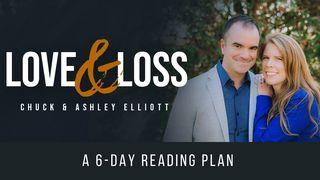
Love and Loss
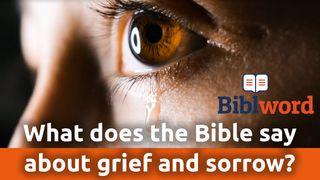
What Does The Bible Say About Grief And Sorrow?
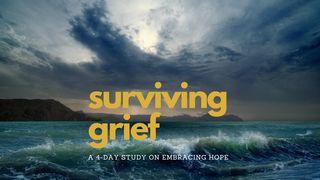
Surviving Grief
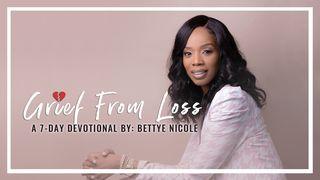
Grief From Loss- A 7- Day Devotional

To Those Losing a Loved One: The Gradual Goodbye

More Than You Can Handle
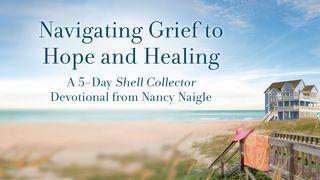
Navigating Grief to Hope and Healing
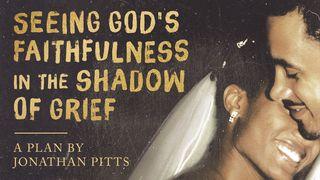
Seeing God's Faithfulness in the Shadow of Grief

Purpose Through Pain
